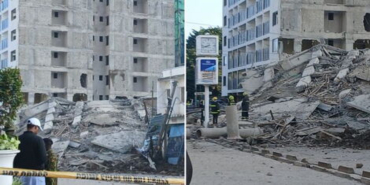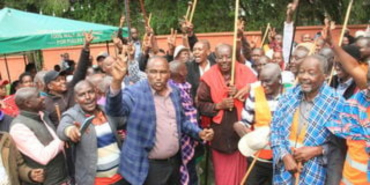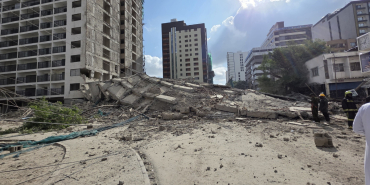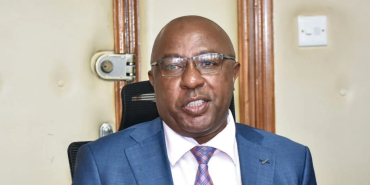Kalonzo Musyoka Reunites Kamba and Gema Communities

Wiper leader Kalonzo Musyoka has endeared himself to the Mt Kenya region by enabling the reintegration of the Kamba community into the Gema Cultural Association.
The ceremonial reconciliation, conducted at the All Saints Cathedral in Nairobi, was a profound moment marked by traditional elders from the Kikuyu, Embu, Njuri Ncheke, and Akamba councils performing intricate reintegration rituals. The process, which originated in 2016, aims to restore social-political cohesion among these communities. Elders explicitly attribute historical divisions to colonial divide-and-rule strategies that persisted well beyond Kenya's independence.
Machaki Kanyenji from Embu shares this perspective, emphasizing that the communities' past differences were artificially constructed to undermine their potential unified resistance against colonial oppression. Reverend Canon Peter Karanja, former National Council of Churches of Kenya Secretary General and current chief executive of the Gema Cultural Association, commends Kalonzo's crucial role during the 2008 post-election violence. He recalls the Akamba community's crucial support for Mwai Kibaki, which helped restore political stability and facilitate governance.
“Our differences have been inorganic, they were hatched by the colonial masters to divide us and to dilute one united front to oppose their rule and oppression, but today marks a new journey for our communities,” said Machaki Kanyenji.
Karanja notes that the collaboration between Kibaki and Kalonzo not only stabilized the political landscape but also contributed to steady economic growth. The gathering has condemned the politicization of ethnicity, emphasizing the constitutional principles of celebrating diverse cultural identities while maintaining national unity. Former Cabinet minister George Ndoto has also critiqued successive administrations for perpetuating colonial-era divisive mentalities.
“Traces of it have raised ugly heads in the successive independent governments, the extremity of which was the proscribing of Gema and other community organisations during the Kanu regime,” said George Ndoto.
Beyond reconciliation, the Gema Cultural Association has addressed pressing national economic challenges by voicing concerns about the escalating cost of living. The organization calls for comprehensive measures to establish robust safety nets, particularly for marginalized groups such as widows, orphans, and women. They lament the economic strain caused by job losses, capital flight, and punitive taxation that have rendered basic necessities increasingly unattainable for many Kenyans.














Comments
Politics never stops to…
Permalink
Politics never stops to amaze me.
Add new comment